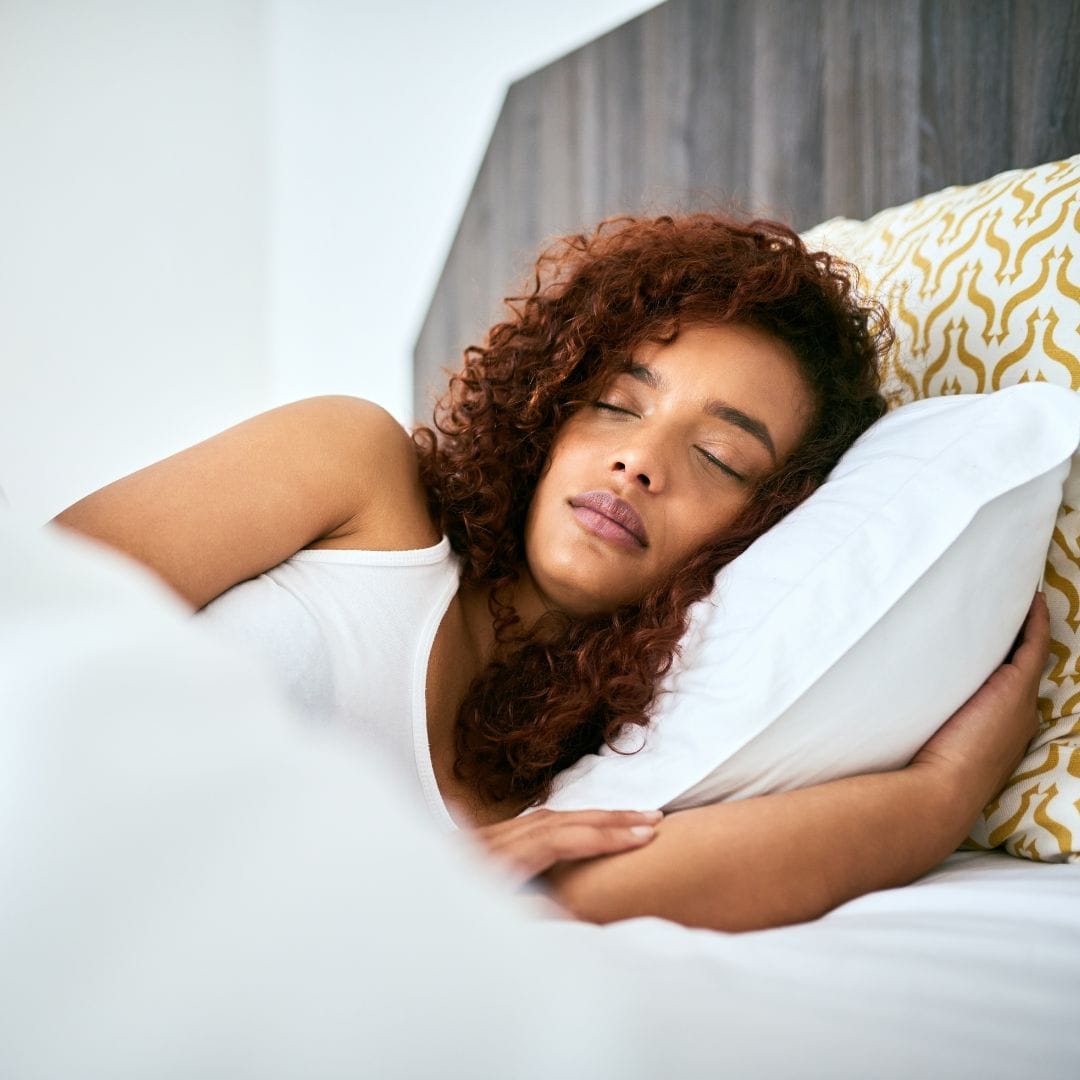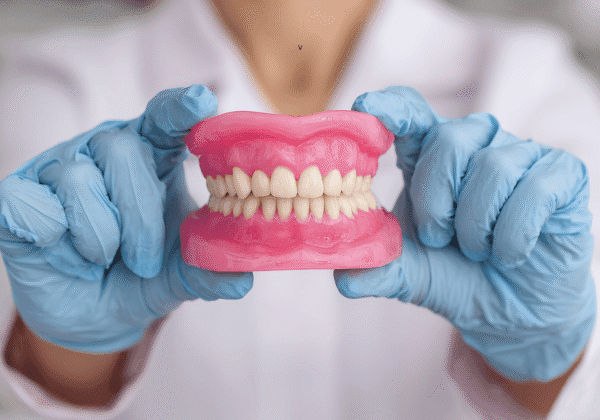The Connection Between Sleep Apnea and Oral Health
Sleep apnea is a serious condition that not only disrupts your sleep but also poses significant risks to your overall health. While often associated with snoring and interrupted breathing, sleep apnea has a strong connection to oral health. Let’s explore the impacts of this condition and how dental care can play a crucial role in managing it.
Understanding Sleep Apnea
Sleep apnea occurs when your airway becomes blocked during sleep, causing interruptions in breathing that can last from a few seconds to over a minute. These interruptions reduce oxygen levels in the blood, leading to poor-quality sleep and a range of health problems. There are three main types of sleep apnea:
- Obstructive Sleep Apnea (OSA): The most common form, caused by the relaxation of throat muscles.
- Central Sleep Apnea (CSA): Caused by the brain failing to send proper signals to control breathing.
- Complex Sleep Apnea Syndrome: A combination of OSA and CSA.
Symptoms of Sleep Apnea
Many people with sleep apnea remain undiagnosed because the symptoms occur during sleep. Common signs include:
- Loud snoring
- Waking up gasping or choking
- Excessive daytime fatigue
- Morning headaches
- Difficulty concentrating
- Dry mouth or sore throat upon waking
How Sleep Apnea Affects Oral Health
Sleep apnea can have several direct and indirect impacts on oral health:
- Teeth Grinding (Bruxism)
Many individuals with sleep apnea grind their teeth at night. This habit can lead to enamel erosion, tooth sensitivity, and even cracked teeth. Dentists often spot signs of bruxism during routine check-ups, which can be an indicator of underlying sleep apnea. - Dry Mouth
Mouth breathing, common in sleep apnea sufferers, reduces saliva production, leading to dry mouth. Saliva plays a vital role in protecting teeth from decay, so a lack of it increases the risk of cavities, gum disease, and bad breath. - Gum Disease (Periodontitis)
The inflammation caused by sleep apnea is linked to a higher risk of gum disease. Poor sleep also weakens the immune system, making it harder for your body to fight off oral infections. - Jaw Pain and TMJ Disorders
The strain caused by teeth grinding or an improper bite can lead to temporomandibular joint (TMJ) disorders, causing pain in the jaw, face, or neck.
Health Risks of Untreated Sleep Apnea
Beyond oral health, untreated sleep apnea can lead to severe systemic issues, including:
- Increased risk of heart attack and stroke
- High blood pressure
- Type 2 diabetes
- Chronic fatigue and reduced productivity
- Mood disorders like anxiety and depression
Dental Solutions for Sleep Apnea
Dentists play a vital role in diagnosing and managing sleep apnea. Oral appliances, a non-invasive alternative to CPAP machines, are highly effective for mild to moderate cases. These custom-fit devices work by repositioning the jaw or tongue to keep the airway open during sleep. Benefits of oral appliances include:
- Comfort and ease of use
- Portability, making them ideal for travel
- Quiet operation compared to CPAP machines
How to Get Started
If you suspect you have sleep apnea, consult your dentist for an evaluation. Many dentists collaborate with sleep specialists to provide comprehensive care, from diagnosis to treatment. During your consultation, the dentist may:
- Examine your oral structures for signs of sleep apnea (e.g., bruxism, enlarged tonsils).
- Recommend a sleep study to confirm the diagnosis.
- Design a custom oral appliance tailored to your needs.
Preventive Tips for Better Sleep and Oral Health
- Maintain a healthy weight, as excess weight can exacerbate sleep apnea.
- Avoid alcohol and sedatives before bedtime, as they relax throat muscles.
- Practice good oral hygiene to reduce the risk of dry mouth and gum disease.
- Sleep on your side to minimize airway obstruction.
Frequently Asked Questions
Q: Can my dentist diagnose sleep apnea?
A: While dentists cannot diagnose sleep apnea, they can identify symptoms and refer you for a sleep study to confirm the condition.
Q: How effective are oral appliances?
A: Oral appliances are highly effective for mild to moderate sleep apnea and offer a comfortable alternative to CPAP machines.
Q: Is snoring always a sign of sleep apnea?
A: Not necessarily. While snoring is a common symptom, it doesn’t always indicate sleep apnea. If you snore and experience other symptoms like fatigue or gasping for air, consult a specialist.
The Bottom Line
Sleep apnea is a multifaceted condition with far-reaching effects on both overall and oral health. Early diagnosis and intervention can improve your quality of life, protect your teeth and gums, and reduce the risk of serious complications. If you’re struggling with sleep issues or suspect you may have sleep apnea, schedule a consultation with your dentist to explore treatment options.



